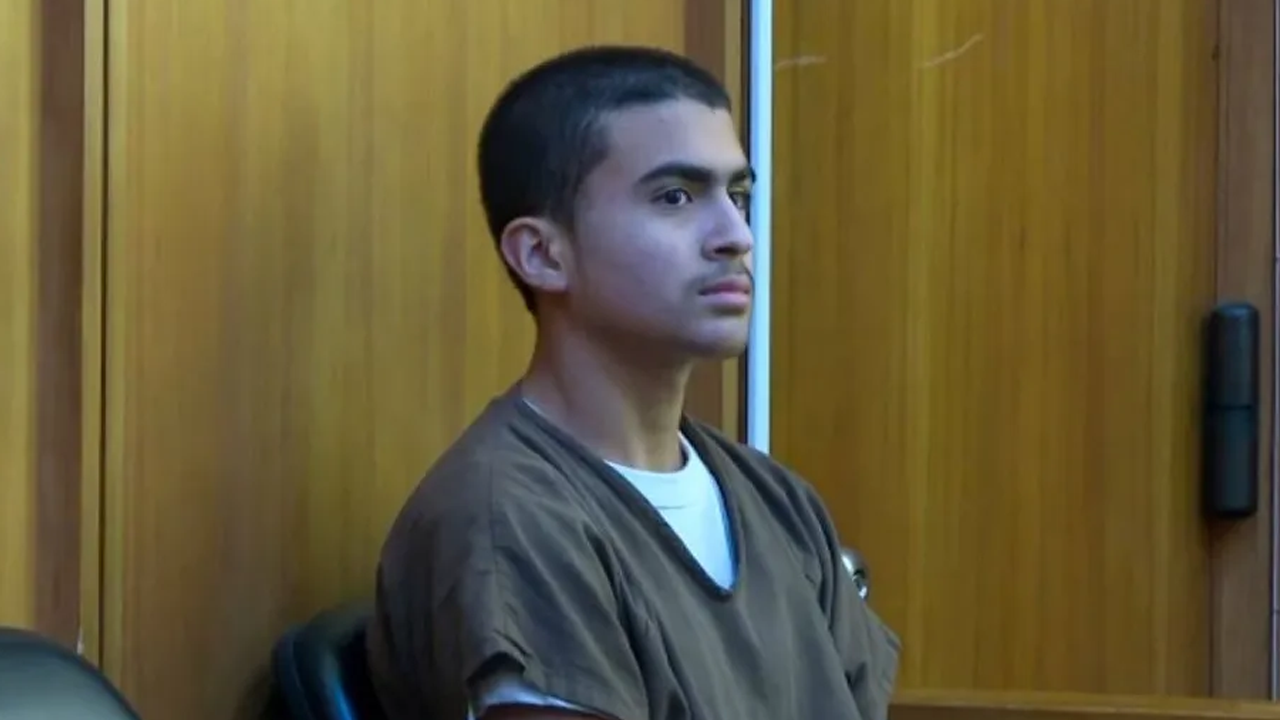Luke Robinson was driving along the Virginia-Tennessee border on February of 2012 when he hit the end of a guardrail, which pierced the car through the rear passenger seat where his three-year-old son sat, cracking his pelvic bone in two places.
“It’s the most helpless I’ve ever felt and the most terrified I’ve ever seen my children,” said Robinson, the father of three children who lives near Orlando. He couldn’t walk on his own or standup and they were really worried about internal damage in his head.”
In Texas, over two decades of marriage came to an abrupt end after Shain Tucker left for work one morning two years ago. Shain was killed when his car hit a guardrail. Police said it impaled the car and sliced right through his body.
“He just said goodbye, I’ll see you later, love you,” said Lena Tucker, his wife, from her Texas home. “Now I’ve learned my husband probably should’ve walked away from that accident.”
Guardrails line surface streets and highways, and are supposed to protect motorists during a crash. But a Team 6 investigation raises serious questions about whether some guard rails cause harm. Experts say, if you hit the end of the guardrail, the rail is supposed to collapse away from an oncoming vehicle. But that’s not what happened to Robinson and Tucker.
Robinson and Tucker are among more than a dozen families who filed lawsuits against the Dallas-based Trinity Highway Products. Trinity is one of the world’s largest guardrail makers.
In 2005, Trinity made small cost saving changes to its guardrail model, known as ET-Plus Terminals. And even though it was required, the company never told the federal government about the change. It reduced the dimensions at the end of the guardrail from five inches to four inches. The new model is nearly three times more likely to kill someone than the old model according to a student from the University of Alabama.
Local
“Let’s put it this way, it’s the difference between life and death,” said Josh Harman.
Harman is a Trinity competitor. He also blew the whistle on the company by filing a False Claims Act lawsuit, which he won. Last month, a Texas jury ordered Trinity to pay $175 million dollars in damages to be split by Harman and the federal government.
”Tomorrow they (the guardrails) can fail and tomorrow they can kill,” said Harman.
States are responsible for the equipment they use on road construction, but the U.S. Federal Highway Administration provides guidance on what’s eligible for federal reimbursement. And Trinity’s ET-Plus Guardrail is still on the federal list of approved materials.
There are more than 200,000 of the altered ET-Plus guardrails across the country.
Team 6 Investigators learned many of guardrails line the roadways of South Florida from an intersection in Davie to the sides of the Sawgrass Expressway. But it is unclear just how many are actually in the state of Florida. And state officials said they don’t know.
Dick Kane, a spokesperson for the Florida Department of Transportation, said that the state agency is currently taking an inventory of guardrail systems statewide.
“The department continues to monitor any new information regarding the Trinity ET-Plus product and will take appropriate action when necessary to preserve the safety of the transportation system,” Kane said.
After the Texas case verdict, the U.S. Federal Highway Administration ordered Trinity to perform new crash tests which are underway right now.
The Team 6 investigation found that Florida is among 44 states that stopped installing the guardrails until the new crash tests are completed. Virginia is the only state that is removing the guardrails.
Trinity issued a statement noting the company takes safety of the products they manufacture very seriously. Gregg Mitchell, Trinity’s president, noted: “In light of FHWA’s request, the right thing to do is to stop shipping the product until the additional testing has been completed.”
“We have confidence in the ET-Plus System as designed and crash tested by Texas A&M Transportation Institute. It has met all tests previously requested by FHWA,” Mitchell said.
In response to the verdict, a Trinity spokesperson said, "...Trinity believes the decision cannot and will not withstand legal scrutiny.”
A company spokesperson would not comment on whether they had any plans on appealing the verdict.
Harman and the families involved would like to see the guardrails in question removed from all the roads in the United States.
“This isn’t some kind of game, these are people’s lives,” said Harman.
Robinson doesn’t want to see more families hurt.
“That needs to be ended and stopped now before this happens to another family,” said Robinson.
The Robinsons filed a lawsuit. Trinity hasn’t responded yet, according to Steven Lawrence, who is representing the Robinsons. The Tuckers filed suit as well.
Trinity has denied the allegations that their guardrails contributed to any injuries and said they were caused by an unavoidable accident.
Kane, of Florida Department of Transportation, said their audit of the state’s guardrail system should be completed by the end of November.
To see all the states that have banned the use of Trinity ET-Plus Guardrail, check out the interactive map. Click on each state to find out whether the state is still using the controversial guardrail terminal, has discontinued its use, or stopped any pending contracts until the U.S. Federal Highway Administration completes testing.




